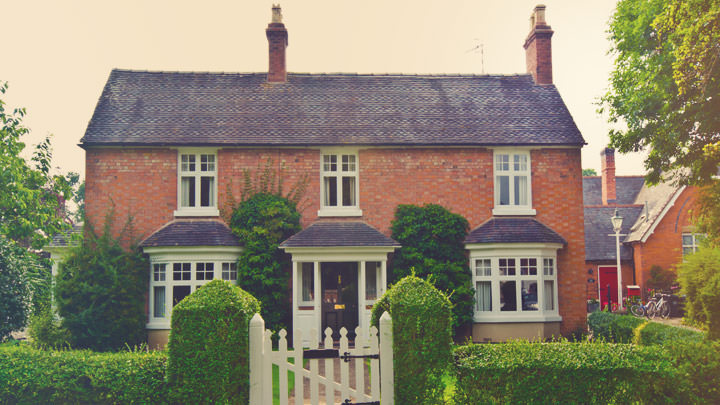You have dedicated years of your life working hard to put food on the table and keep a roof over your head and, by now, your home is probably worth a lot more than what you owe on your mortgage. If you’ve done particularly well, you may even own your home outright. Have you thought about what comes next, particularly if you’re ready to retire from the workplace but don’t have adequate retirement savings to support you when you leave the working world? One of the benefits of owning a home is that it functions as a retirement savings plan all by itself, increasing in value year after year as you pay down your home loan and property values rise. There is a way to take advantage of the equity in your home that doesn’t require you to sell your home.

What Is an Equity Release Plan?
As your home or property increases in value over the years and your loan balance decreases, you build equity in your home; that is, your home is now worth more than what you owe on your home loan. Similar to a mortgage refinance, when you obtain an equity release on your property, you may take cash out as a lump sum of money or you can establish a cash account or an income stream. Forget about the common misconception that you are selling your home, as an equity release plan allows you to remain in your home as the owner indefinitely. You have the option of taking a single cash payout from your equity to do with as you please or you can use your equity to fund a retirement or other savings account that you can draw from as the need arises. Yet another option is to fund a different type of account that you can also draw on, those draws being tax-free.
What Is Equity and How Much Do You Need?
Equity is quite simple: it’s merely the difference between what your home is worth and what you owe on your home loan. For example, if you owe £150,000 on your mortgage but your home has appreciated in market value to £200,000, you have £50,000 in equity. You will typically be able to release no more than 35% of your home’s total market value, so if you wanted to release the maximum equity in a £100,000 home, you will need at least £35,000 in equity. You can learn more about the minimum requirements and maximum release amounts at responsibleequityrelease.co.uk.
More About How it Works
Obtaining an equity release is much like obtaining a loan, and a loan is precisely what an equity release is. You are merely offering your house as collateral for the loan and the loan isn’t due payable until you either pass away or become terminally ill, at which time proceeds from your estate are used to repay the loan. The ownership of your property remains 100% yours, deeds remain in your name, and you may maintain residency in your home for the rest of your life. Lenders make equity release available to homeowners aged 55 years and up as an option for turning years’ worth of home equity into cash with no taxes and no selling or downsizing.























